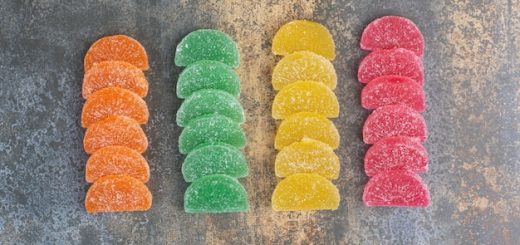Unlocking the Process: How Is THCA Made?
THCA, or tetrahydrocannabinolic acid, is a precursor to the psychoactive compound THC found in cannabis plants. While THCA itself does not produce the intoxicating effects associated with THC, it has been gaining attention for its potential therapeutic benefits. In order to unlock these benefits, it is important to understand how THCA is made.
The process of making THCA begins with the cultivation of cannabis plants. These plants contain a compound called CBGA (cannabigerolic acid), which serves as a precursor to several other cannabinoids, including THCA. Through a series of enzymatic reactions, CBGA is converted into CBDA (cannabidiolic acid) and then further converted into THCA.
One key factor in this conversion process is heat. When cannabis flowers are exposed to heat through methods such as smoking or vaporizing, the acidic forms of cannabinoids like THCA undergo decarboxylation – a chemical reaction that removes a carboxyl group from the molecule and converts it into its active form. This is why heating cannabis flowers before consumption can increase the levels of THC present in the plant material.
However, there are other ways to extract and isolate THCA without relying on heat-induced decarboxylation. One common method involves using solvents like ethanol or CO2 to extract cannabinoids from cannabis plants. The resulting extract can then be further refined through processes like winterization and distillation to isolate specific cannabinoids like THCA.
Another method for producing THCA involves using specialized equipment such as rotary evaporators and chromatography columns to separate different compounds in the cannabis extract based on their chemical properties. By carefully controlling factors like temperature and pressure during these processes, researchers can purify THCA from other cannabinoids present in the plant material.
Once isolated, THCA can be used in various applications ranging from medicinal products to recreational edibles. Some believe that consuming raw cannabis containing high levels of THCA may offer unique health benefits due to its anti-inflammatory and neuroprotective properties.
In conclusion, unlocking the process of how to make thca flower is made involves understanding the biochemical pathways involved in converting precursor compounds like CBGA into specific cannabinoids like THC and CBD. By utilizing techniques such as solvent extraction and chromatography, researchers can isolate pure forms of THCA for use in various applications. As interest in cannabinoid therapeutics continues to grow, further research into how these compounds are produced will likely lead to new insights into their potential benefits for human health and well-being.



